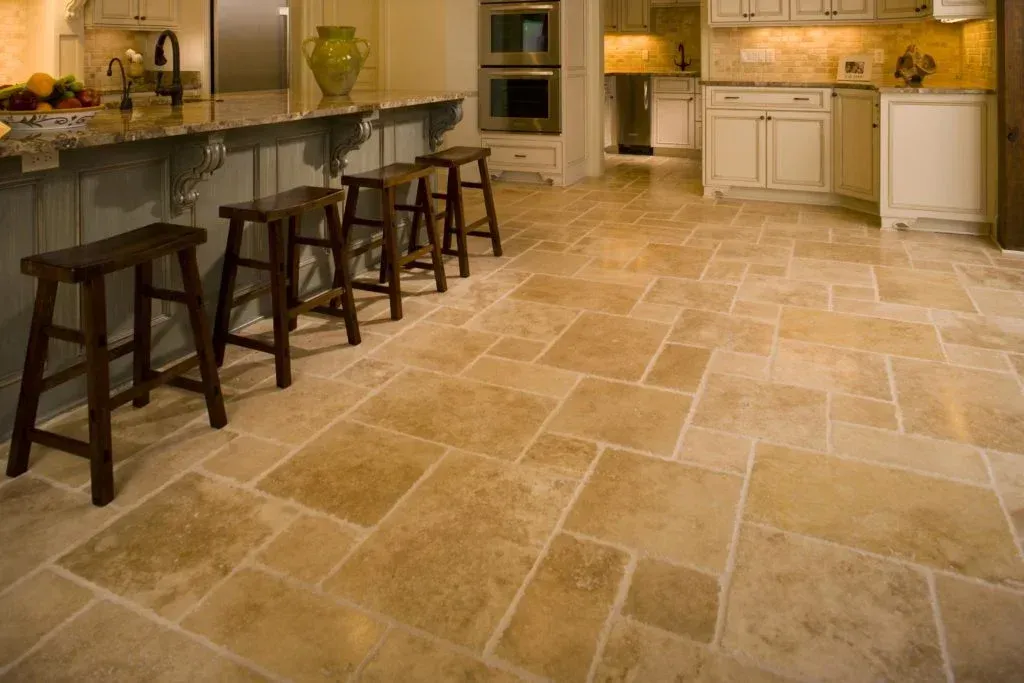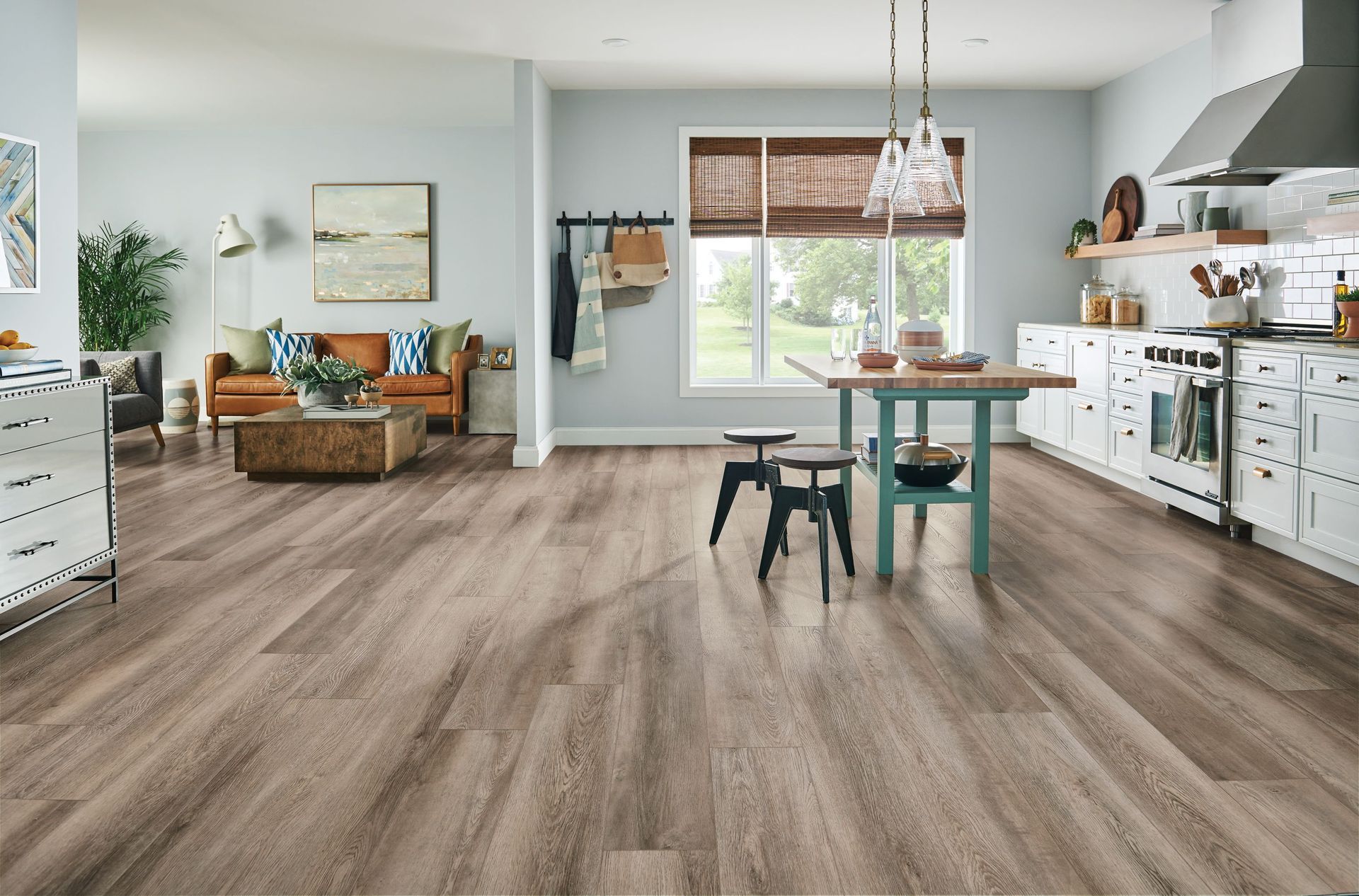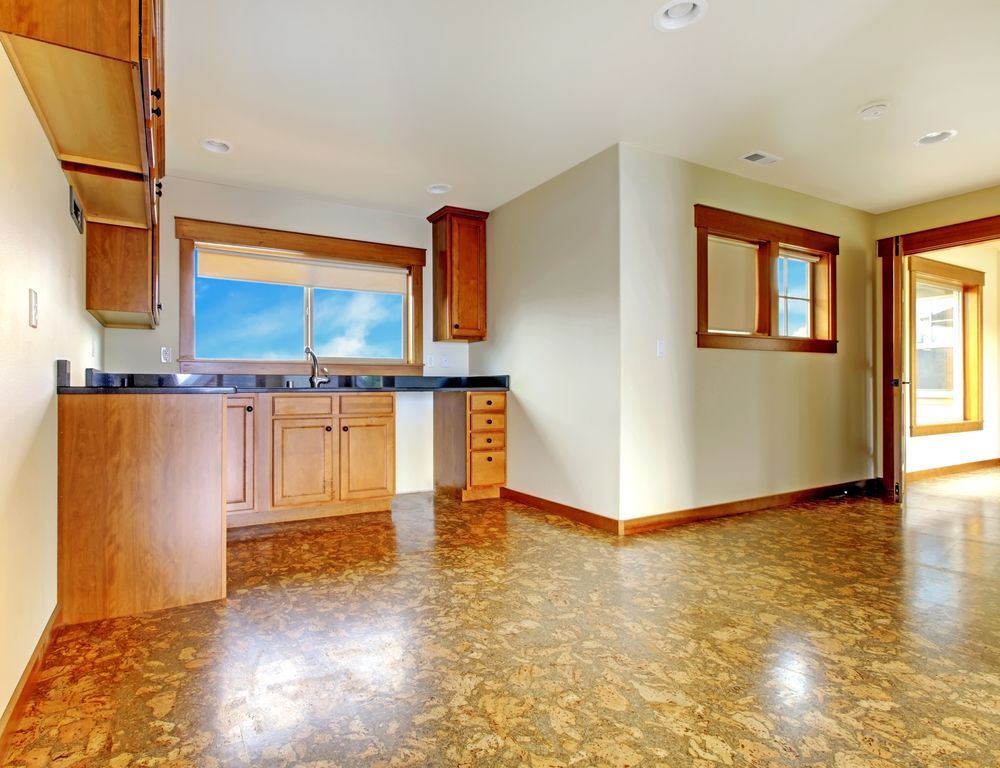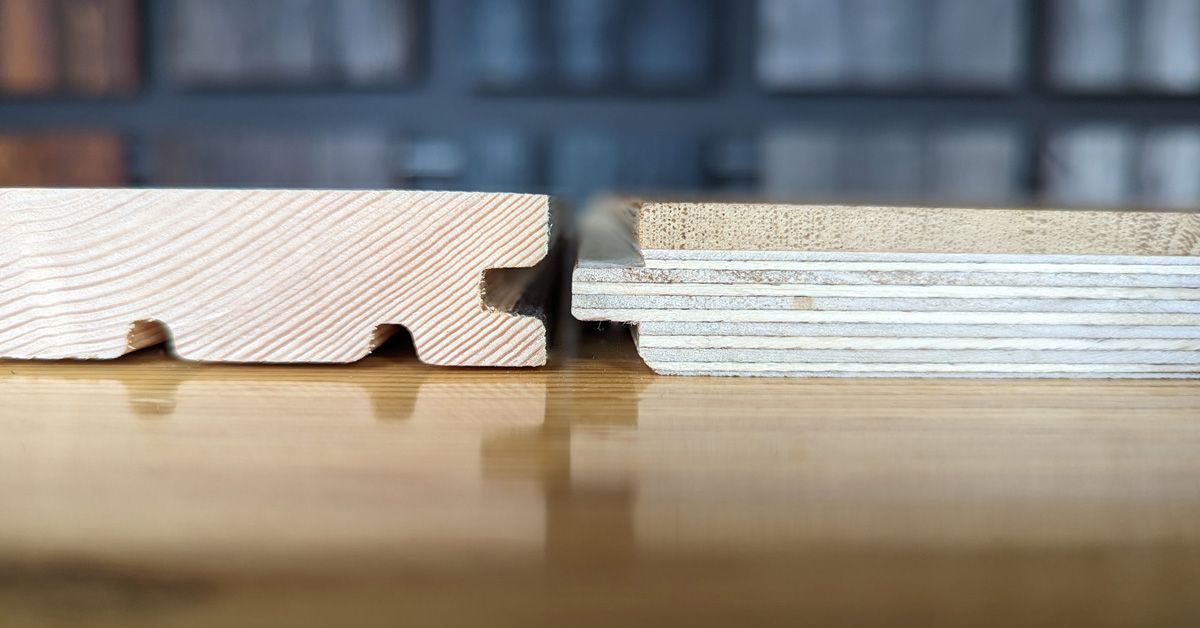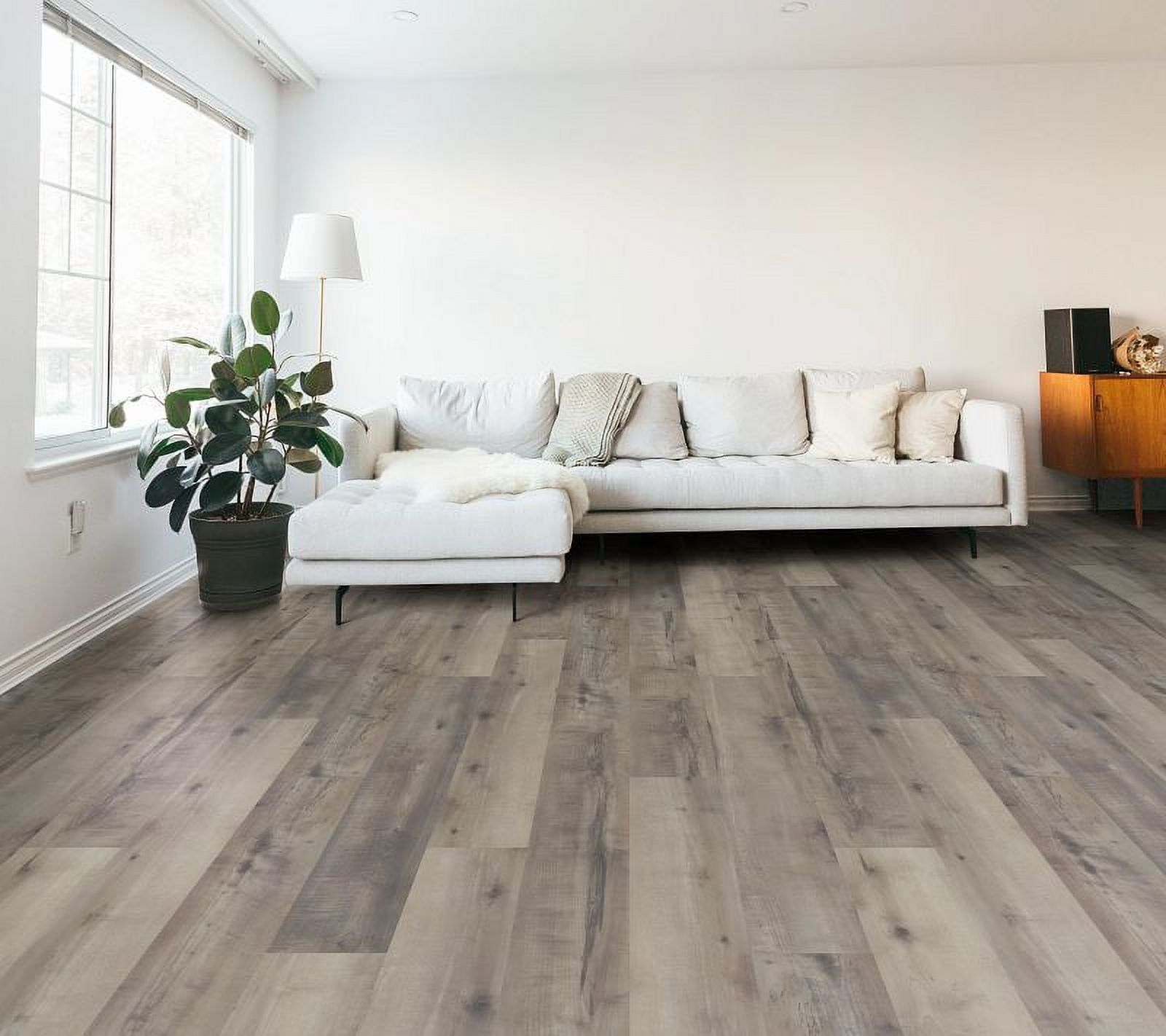Sustainable Flooring Practices in Nashville
Nashville homeowners are going green with their flooring choices. You can join this eco-friendly trend by picking sustainable options for your home. Eco-friendly flooring can be both beautiful and good for the planet.
Many Nashville flooring companies now offer green choices. These include bamboo, cork, and reclaimed wood. These materials look great and help protect the environment. You can find options that fit your style and budget.
Picking sustainable flooring helps cut waste and save resources. It's a smart way to lower your home's impact on the planet. You'll feel good knowing your floors are part of the solution, not the problem. Plus, many green options are durable and easy to care for.

Sustainable Flooring Materials in Nashville
Nashville homeowners have many eco-friendly flooring options. These materials reduce environmental impact while adding beauty to homes.
Recycled and Renewable Resources
Bamboo flooring is a popular sustainable choice in Nashville. It grows quickly and can be harvested without killing the plant.
Cork is another renewable option. It's made from tree bark that regrows, making it very eco-friendly.
Recycled glass tiles offer a unique, durable flooring choice. They use waste glass to create colorful, long-lasting surfaces.
Reclaimed wood floors give new life to old materials. These add character while reducing demand for new lumber.
Locally-Sourced Materials
European white oak is responsibly forested near Nashville. For each tree cut, three new ones are planted.
Tennessee stone like limestone or slate makes great flooring. Using local materials cuts down on transportation emissions.
FSC certified wood ensures sustainable forest management. Look for this label when choosing hardwood floors.
Local bamboo farms are starting to supply Nashville flooring companies. This reduces shipping distances even further.
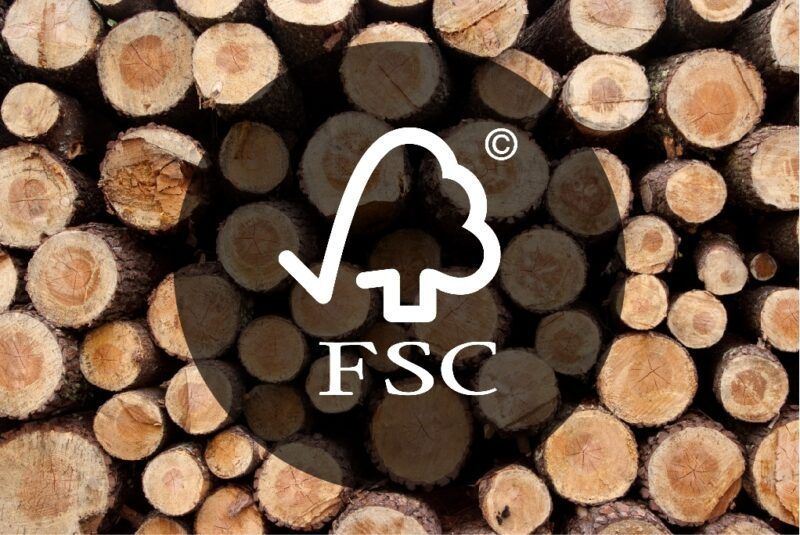
Environmental Impact and Life-Cycle Analysis
Flooring choices have significant environmental effects. A thorough analysis of materials and disposal methods can help you make sustainable decisions for your Nashville home.
Carbon Footprint of Flooring Materials
When selecting flooring, consider its life cycle environmental impacts. This includes production, transportation, installation, use, and disposal.
Wood flooring often has a lower carbon footprint than synthetic options. It stores carbon during its life and can be sustainably harvested.
Engineered wood flooring combines sustainability with durability. It uses less wood than solid hardwood while providing similar benefits.
Bamboo is a fast-growing, renewable resource. It can be an eco-friendly choice if sourced responsibly.
Recycled or reclaimed wood flooring gives new life to old materials. This reduces waste and decreases demand for new resources.
End-of-Life Disposal and Recycling Options
When it's time to replace your flooring, proper disposal is crucial. Many materials can be recycled or repurposed.
Wood flooring can often be refinished instead of replaced. This extends its life and reduces waste.
If replacement is necessary, wood flooring can be recycled into mulch or used for energy production.
Carpet recycling programs exist in Nashville. These turn old carpet into new products or fuel.
Vinyl and linoleum flooring can be challenging to recycle. Look for specialized recycling facilities in your area.
Consider donating usable flooring to local charities or construction reuse centers. This keeps materials out of landfills and helps others in your community.
Installation and Maintenance Best Practices
Proper installation and upkeep are key for sustainable flooring in Nashville. These practices help extend the life of your floors and reduce environmental impact.
Eco-Friendly Installation Techniques
When installing new floors, choose low-VOC adhesives and finishes to improve indoor air quality. Opt for floating floor systems that don't require glue, reducing chemical use.
Use recycled or reclaimed materials where possible. This cuts down on new resource consumption.
Ask installers to minimize waste by precise measurements and careful cutting. Leftover materials can be recycled or donated to local building reuse centers.
Proper subfloor preparation is crucial. This prevents future issues that could lead to premature replacement. Make sure the subfloor is clean, dry, and level before installation begins.
Sustainable Maintenance and Care
Regular cleaning is essential for long-lasting floors. Sweep or vacuum frequently to remove dirt that can scratch surfaces. Use gentle, eco-friendly cleaners suited to your floor type.
Place mats at entrances to trap dirt and moisture. This reduces wear and the need for harsh cleaning.
For hardwood, maintain proper humidity levels (30-50%) to prevent warping. Use curtains or blinds to protect floors from direct sunlight, which can fade and damage them over time.
Refinish wood floors instead of replacing them when they show wear. This extends their life and reduces waste. For other floor types, address repairs promptly to avoid larger issues.
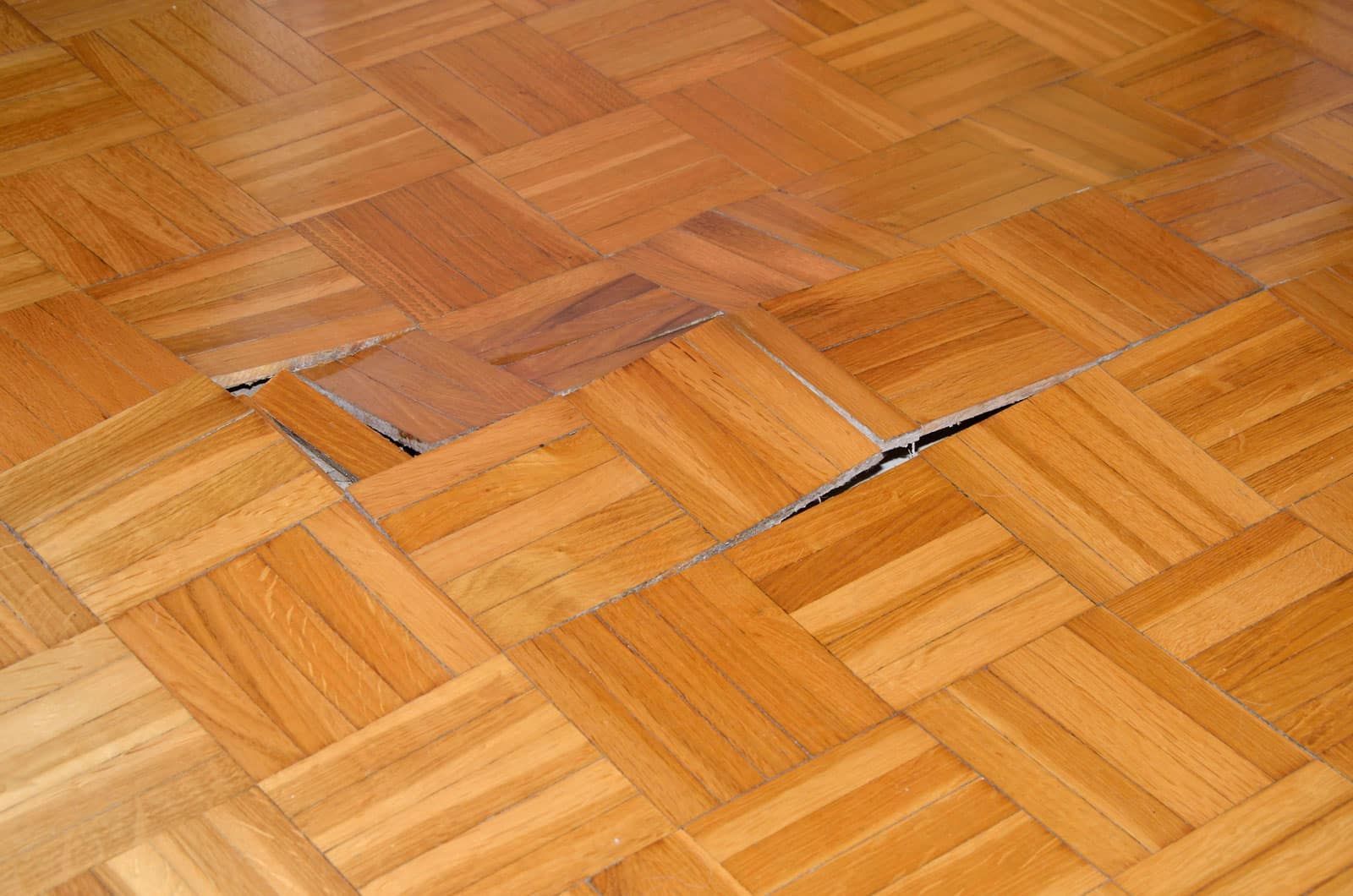
Innovations in Sustainable Flooring
New advances in sustainable flooring are changing the industry. These innovations focus on eco-friendly adhesives and durable materials that reduce environmental impact.
Advancements in Eco-Friendly Adhesives
Floor adhesives have become more sustainable. Water-based adhesives now replace solvent-based options. These new adhesives have low VOC emissions, making them safer for you and the environment.
Plant-based adhesives are gaining popularity. Made from renewable resources like soy or corn, they offer a greener alternative. These adhesives perform as well as traditional options but with a smaller carbon footprint.
Pressure-sensitive adhesives are another innovation. They allow for easier floor installation and removal. This makes it simpler to recycle or reuse flooring materials at the end of their life cycle.
Developments in Durable Sustainable Materials
Bamboo flooring has improved greatly. New manufacturing techniques make it harder and more resistant to wear. Bamboo grows quickly, making it a highly renewable resource for flooring.
Cork flooring has also seen advancements. New finishes make it more water-resistant and durable. Cork is harvested without harming the tree, making it a very sustainable choice.
Reclaimed wood flooring is becoming more refined. Better processing methods remove nails and smooth rough edges more effectively. This lets you enjoy the character of old wood with improved durability.
Recycled plastic flooring is a new option. It uses waste plastic to create durable, waterproof floors. This reduces plastic pollution while providing a long-lasting flooring solution.
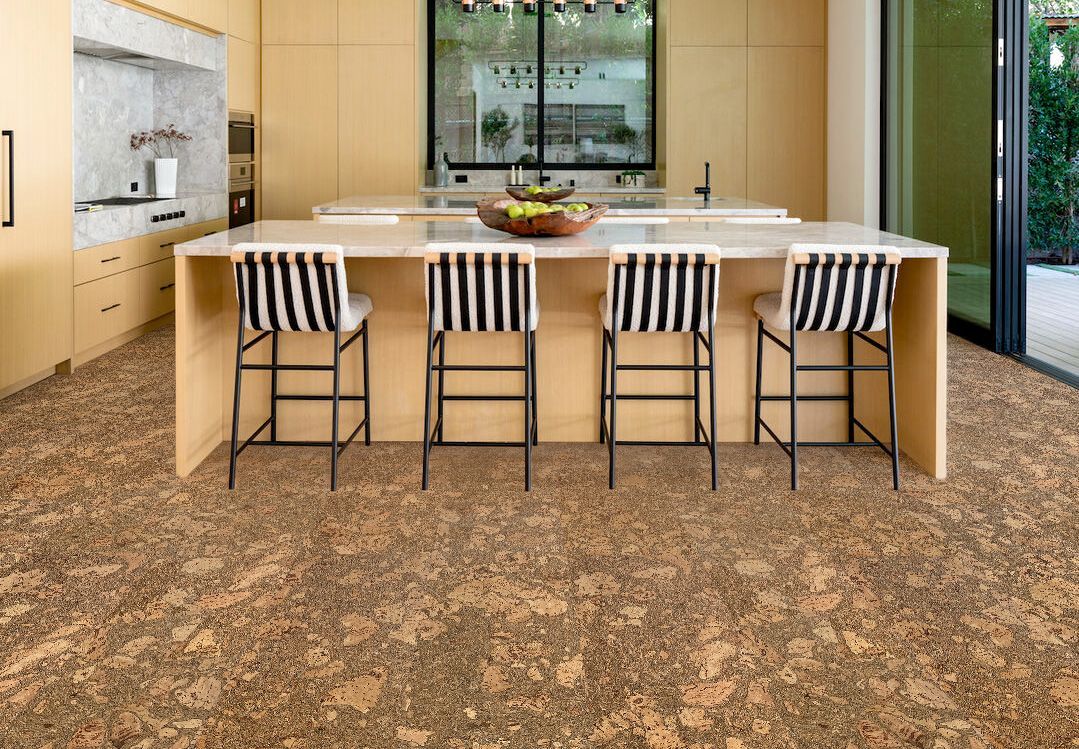
Sustainable Flooring Certifications
Certifications play a key role in verifying eco-friendly flooring options. They set standards for sustainability and help you make informed choices for your Nashville home.
Criteria for Certification Bodies
Certification bodies look at several factors when evaluating flooring. They check the materials used, manufacturing processes, and environmental impact. For wood flooring, the Forest Stewardship Council (FSC) certification is important. It ensures the wood comes from responsibly managed forests.
Other criteria include:
- Energy efficiency in production
- Use of recycled content
- Low emissions of volatile organic compounds (VOCs)
- Durability and lifespan of the product
These standards help you choose flooring that's both beautiful and good for the planet.
Comparing Certification Standards
Different certifications focus on various aspects of sustainability. The LEED certification is widely recognized for green building projects. It considers the overall environmental impact of materials used in construction.
FloorScore is another standard specific to flooring. It certifies that products meet strict indoor air quality requirements. This is crucial for maintaining a healthy home environment.
When comparing standards, look at:
- Scope of evaluation (materials, production, installation)
- Rigor of testing procedures
- Recognition within the industry
By understanding these certifications, you can make a more informed decision about sustainable flooring for your Nashville home.
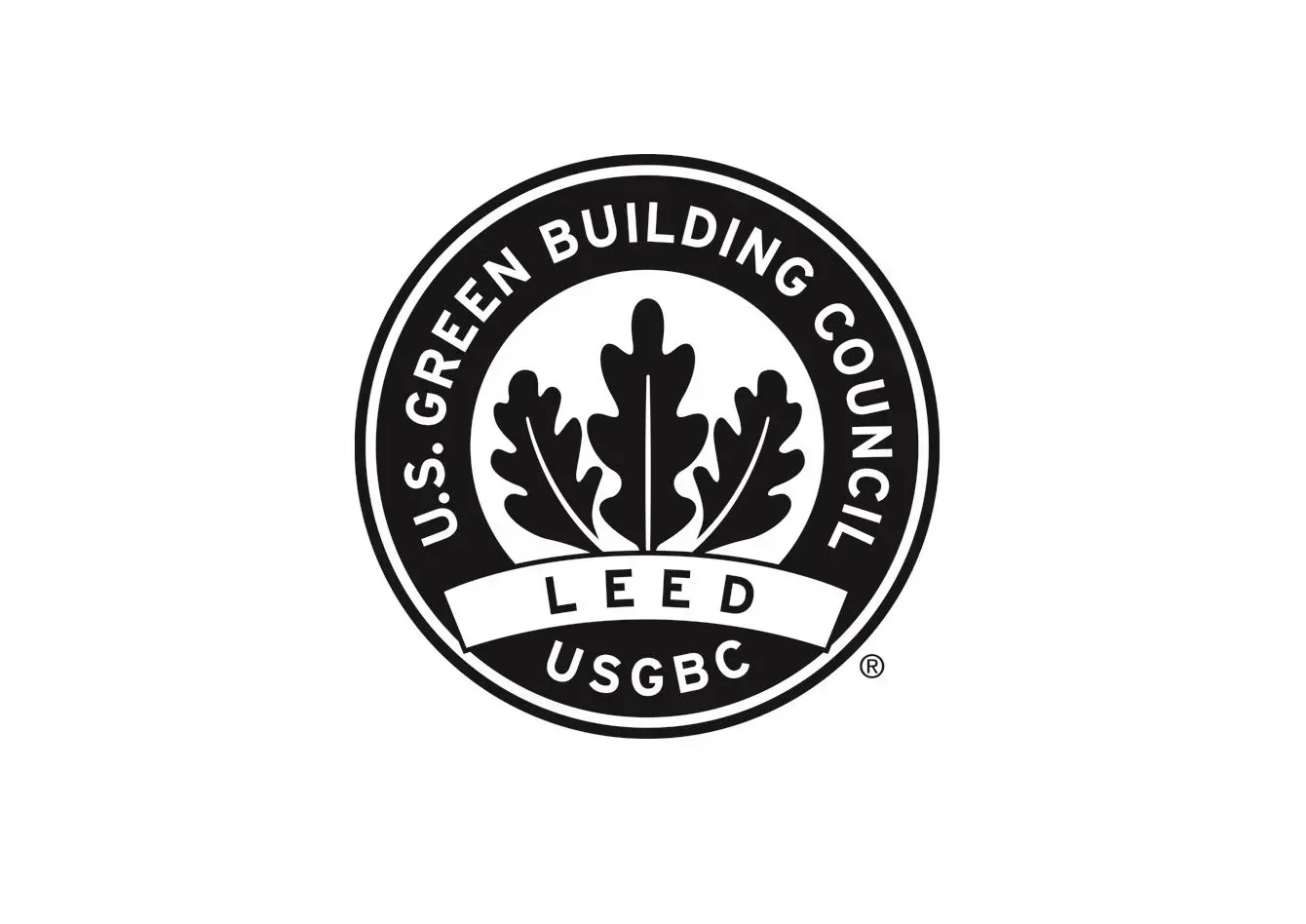
Wrap Up
Nashville offers many eco-friendly flooring options for your home. You can choose from sustainable hardwoods, recycled materials, and low-impact synthetics.
These green choices look great and help protect the environment. They can also save you money on energy bills and maintenance costs over time.
When picking a floor, think about durability, style, and your budget. Sustainable options come in many designs to fit any home.
For expert help, contact Nashville Flooring Company. We offer a wide range of eco-friendly floors and can guide you to the best choice for your needs.
Our team knows all about green flooring trends and local building codes. We can install your new floor quickly and professionally.
By choosing a sustainable floor, you'll enjoy a beautiful home while doing your part for the planet. Nashville Flooring Company makes it easy to go green underfoot.

